From candy vendors to crypto-rich, Coinbase founders’ tips and industry predictions

Reprinted from panewslab
04/19/2025·8DAuthor: TRACER
Compiled: Tim, PANews
Brian Armstrong is one of the wealthiest figures in the cryptocurrency space, founding the Coinbase Exchange, earning $8 billion in just five years, and Forbes named him one of the world's top investors.
Here are his Memecoin secrets, strategies and five major predictions.
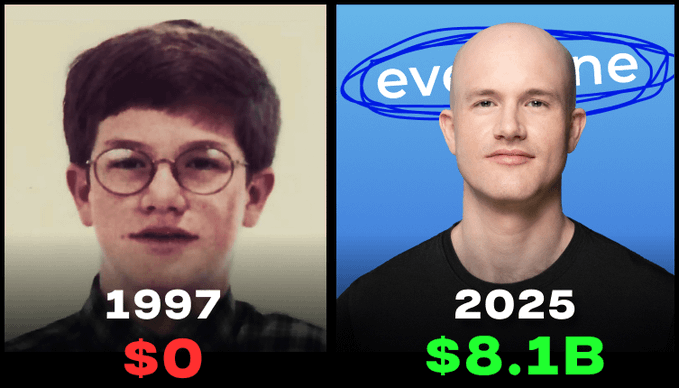
The huge growth of the cryptocurrency industry requires gratitude to a few people, and Brian Armstrong
It's one of them.
He entered this field with his belief in technology and completely changed the trajectory of his life with his belief in Bitcoin.
Brian Armstrong's growth experience and industry insights are worth reading repeatedly and drawing inspiration from them:
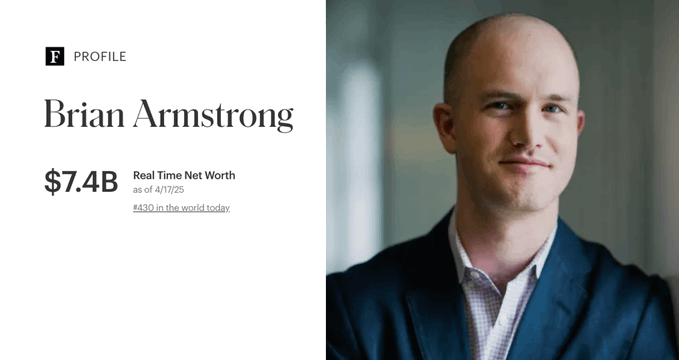
Born in San Jose, California, Brian has the potential to start a business since childhood.
In an interview, he admitted that he was invited to the principal's office for selling candy on the campus playground.
In high school, he developed a passion for Internet technology and began to learn programming.

He has since entered Rice University for further studies and obtained his master's degree.
After graduation, he chose to live in Buenos Aires, Argentina for a year, during which he experienced hyperinflation.
And the way to fight this economic turmoil: cryptocurrency has become the direction he will study in the future.

After graduating from college, after a series of work, he and his friends created an intermediary service platform for finding private teachers.
The platform allows teachers to publish personal information and provide teaching services to potential student clients.
Brian Armstrong served as CEO of the project for eight years and eventually successfully sold it at a price equivalent to 21 times his annual income.
Brian Armstrong first learned about Bitcoin during Christmas 2010, when he was living at his parents' home in San Jose, when he stumbled upon the foundational document written by Satoshi Nakamoto - Bitcoin: A peer-to-peer electronic cash system.
From that moment on, he began to consider starting a big career.
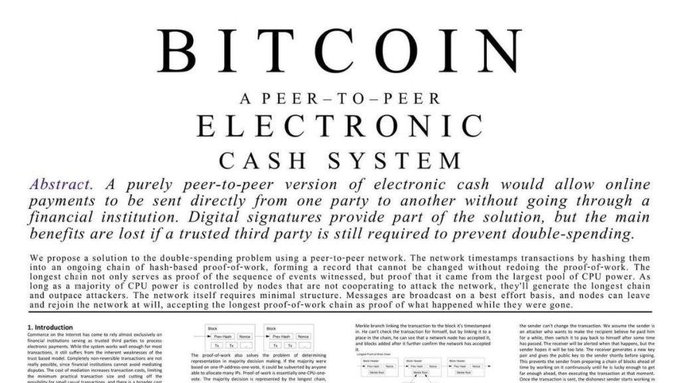
He took a sentence as a entrepreneurship rule: "People who get rich are not gold diggers, but shovelers."
At that time, there was a direct competitor in the industry, the famous Mt. Gox, but the platform had serious transaction delay problems.
In 2021, Brian Armstrong and Fred Ehrsam officially registered Coinbase.
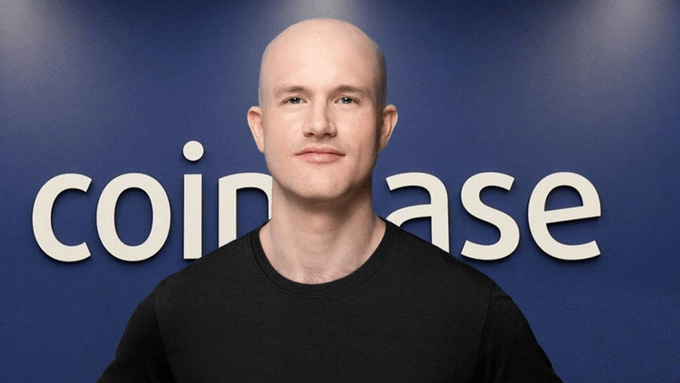
Coinbase began to gain a lot of investment, with a valuation of more than eight times Brian's original target. He was just starting to create a $1 billion company.
Brian Armstrong is now living his ideal life and has billions of wealth.
He also actively shares his opinions and suggestions, which you should definitely refer to:
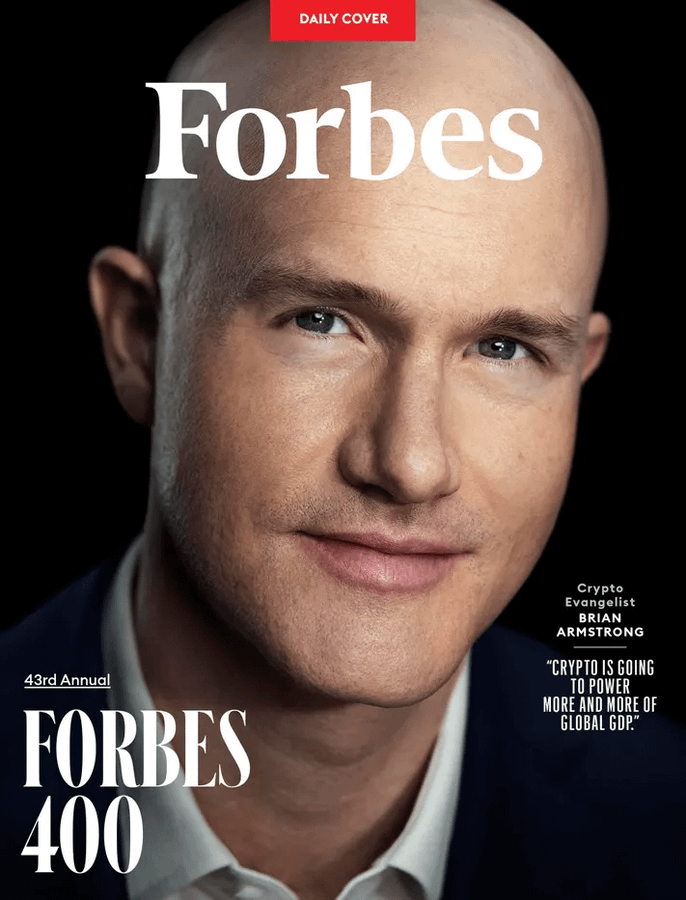
Currently, Brian Armstrong firmly believes that it is necessary to reform cryptocurrency regulatory policies.
The last administration severely hindered the development of the industry and now is the best time to correct this problem.
Discussions are being made on the appointment of SEC chairmen supporting cryptocurrencies and establishing a clear and stable legal framework, which poses a major benefit to the cryptocurrency market.
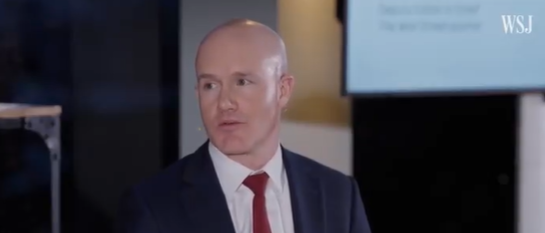
Brian Armstrong holds a pretty positive view of Memecoin and believes that they have some development prospects.
In his opinion, just as GIF animations and network Meme have become part of the Internet economy, Memecoin may also become an important cultural and even economic phenomenon.
This is a very important point of view and is worthy of in-depth thinking.
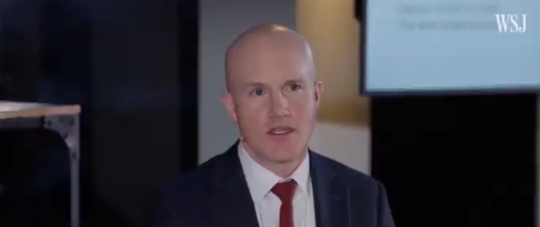
Brian also shared a media browsing suggestion: Don't listen to those sellers on YouTube.
Three core elements that need to be focused on when analyzing a project:
- Number of GitHub code contributions
- How active the team is on Twitter and Discord
- Response to criticism, if the project party remains silent, this is a red flag
The current policies of the new Trump administration may significantly increase the inflow of institutional liquidity in the market, all due to the fact that government actions will effectively enhance the confidence of financial institutions, and the core driving force is that the government is promoting relevant legislation on stablecoins and digital dollars.
Brian Armstrong believes that cryptocurrencies will never replace the traditional financial system, but will form a strong complement to it.
Exchange-traded fund ETFs, asset custody services and deep integration products with banks and financial technology platforms will become development trends.
This is essentially a practical suggestion: be sure to develop products that can be connected with traditional financial architecture.
